I have a few posts coming up about books from small publishers that are new to the blog (and mostly new to me!). When the time comes, I’ll take the opportunity to introduce the publisher as well as the book, starting now…
Prototype is a London publisher that aims to “increase audiences for experimental writing”. They had a title longlisted for the Republic of Consciousness Prize last year (Fatherhood by Caleb Klaces), though this is the first time I’ve read one of their books. I love a good series design, and I was already taken with the small format and striking black-and-white covers of Prototype’s prose fiction list.
Oli Hazzard’s novel is written as a single sentence, addressed to someone known only as A (all characters and real-world figures in the book are referred to by letters, which adds to a feeling of disorientation) . The title of Lorem Ipsum refers to dummy placeholder text used in book and website design, and there’s a sense that the narrator is using his lengthy email as a kind of displacement, throwing everything in as it occurs to him because he’s not quite sure what he wants to say.
One of the novel’s main themes concerns different kinds of experience. For example, here’s the narrator talking about returning to the analogue world having been immersed in playing a video game:
…I feel like I am emerging from something distinct from sleep or distraction, a state of having been away from language for a while, and returning from the place where I had been–a place in which I ‘thought’ in football, in the sense that the movements of the players I was controlling were expressive of ‘thoughts’ (or maybe ‘ideas’) which I would otherwise only ever become aware of if they were articulated in words–is frightening, partly because it makes me realise how smoothly and soundlessly language can fall away…
This theme extends to different areas of the narrator’s life, including parenthood. For example, he describes his sense of “our children’s resistance to our efforts to naturalise the process of everyday experience” – imagination rules, and the real world is only allowed in reluctantly.
The way Lorem Ipsum is written gives the reader a similar kind of dual experience: being immersed in a swirling sea of language at the level of reading, against the everyday reality of what’s being described. The best thing is just to start reading and let it carry you away.

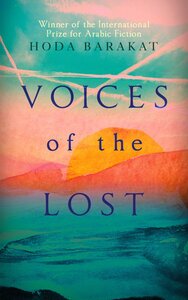

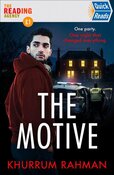
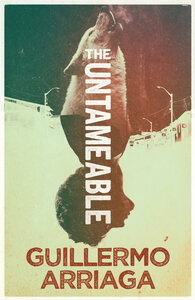
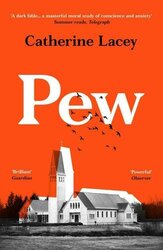
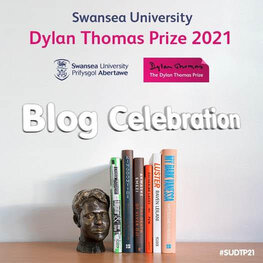
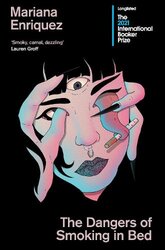
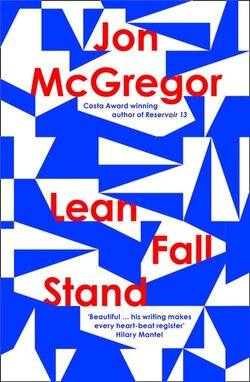

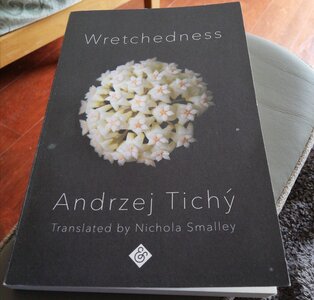

Recent Comments